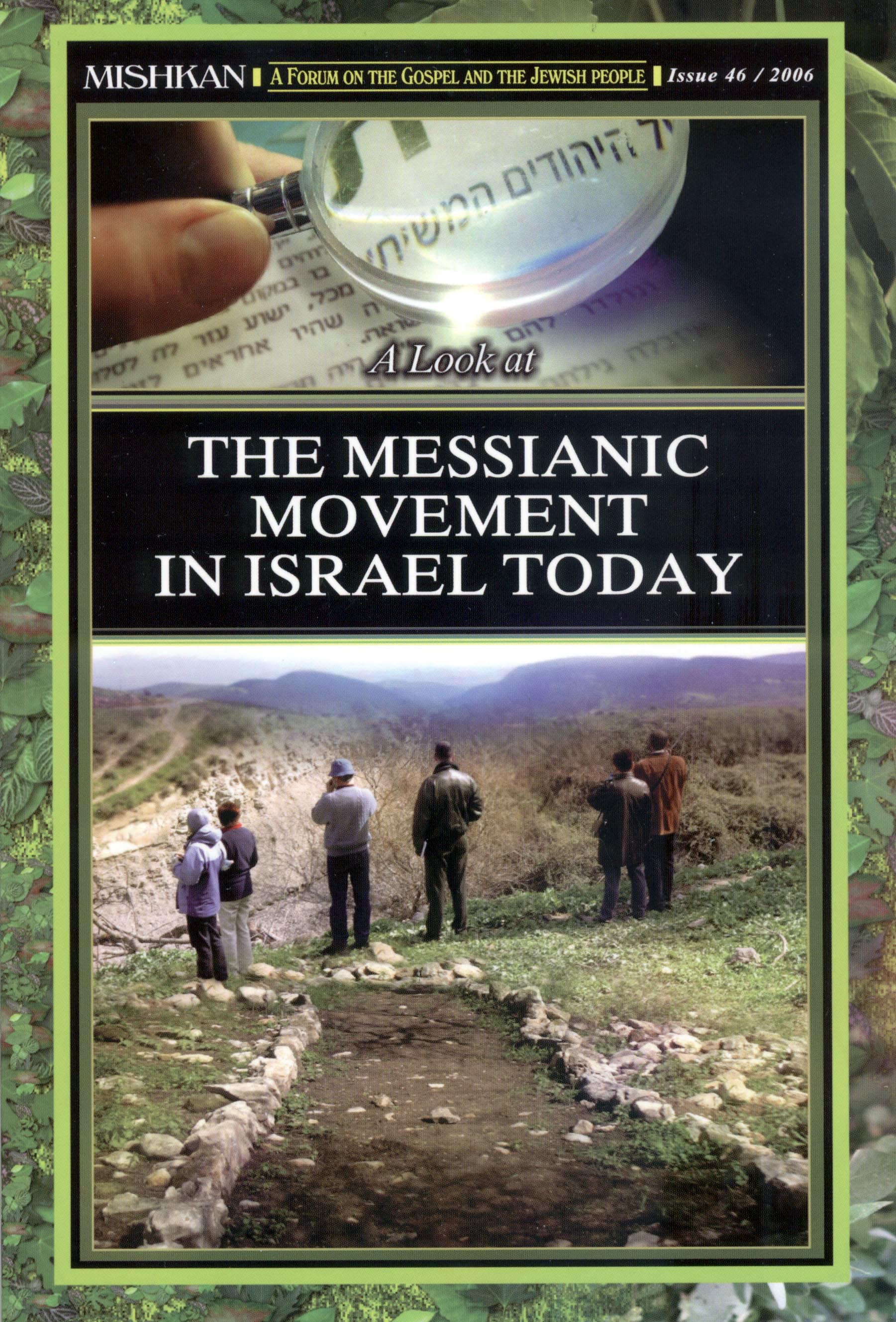
DALLAS (BP)-—Mishkan, a premier journal on Jewish ministry, has been acquired by Criswell College’s Pasche Institute of Jewish Studies in Dallas.
Introduced in 1984 by the United Christian Council in Israel to provide a theological forum on key issues facing Jewish evangelism, Mishkan most recently has been produced by the Caspari Center for Biblical and Jewish Studies in Jerusalem in a cooperative venture with other denominations and ministries.
The change of status for Mishkan was announced by the Caspari Center’s North American director, Kathi Graham, during the Lausanne Consultation on Jewish Evangelism regional conference for North America in San Antonio April 16-18.
Pasche Institute director Jim Sibley, who served on Mishkan’s editorial board during his years as a Southern Baptist missionary in Israel, said the Caspari Center “has made an incalculable contribution to the cause of Jewish ministry through its faithful support of and involvement with Mishkan since its inception in 1984 and for the past six years as publisher.”
Sibley added, “Our desire is to take a fine journal with an outstanding heritage and bring it to a greater number of people in order to raise up a standard for Jewish ministry and to play a role in equipping others for Jewish ministry,” Sibley told Caspari’s international board.
Mishkan has drawn contributions from both scholars and leaders to create a dialogue of theory and practice and to relay cutting-edge research on critical issues facing Jewish evangelism, Hebrew-Christian/Messianic-Jewish identity and Jewish-Christian relations.
A greater awareness of evangelistic responsibility toward the Jewish people was expressed during a Lausanne Consultation on World Evangelism held in Thailand in 1980. That led to a regular gathering of evangelical leaders known as the Lausanne Consultation on Jewish Evangelism and an interest in launching the publication. Mishkan’s first editor, Ole Kvarme, wrote at the time that Christians “are uncovering their biblical-Jewish roots and are recognizing again the significance of the Jewish People in its divine election. This development is reflected in the large numbers of Christian visitors to Israel who are eager to learn more about the Jewish people, and in new emphases upon the Christian-Jewish nexus in theological study and education.”
In the year that Mishkan was developed, ultra-Orthodox and anti-missionary groups staged demonstrations against Messianic Jews in Jerusalem, the Tel-Aviv area and in Tiberias, with some of the believers suffering physical persecution. In spite of those challenges, the protests provided an opportunity for Messianic Jewish leaders to speak out on television, radio and in newspapers.
Kvarme, in 1994, reported considerable openness in Israel society to the Gospel and to the Jewish identity of the Messianic believers. “Mishkan has itself been part of this maturing in the gospel ministry among Jewish people, discussing its biblical basis and raising significant issues such as ‘Ethics in Jewish Evangelism,'” Kvarme noted.
Mishkan’s first 39 volumes are archived online in PDF format, allowing for study of most any subject related to Christian-Jewish relations, such as the history of outreach activity in Israel and the divinity of the Messiah. Copies of the last 11 volumes are still available for order at Caspari’s online store at www.caspari.com.
In a joint statement by Sibley and Caspari Center international director Steve Engstrom, the two men expressed confidence that Mishkan will continue to reach a wide and influential audience under the Pasche Institute. While the institute assumes full publishing responsibilities, Caspari Center will participate with logistical and subscription support and Kai Kjaer-Hansen and Bodil Skjott continuing to serve as editors.
The Pasche Institute for Jewish Studies (www.pascheinstitute.org) was founded in 2004 and offers a master of arts degree in Jewish studies through Criswell College. Its stated purpose is “to multiply and strengthen Kingdom leaders for ministry to the Jewish people and to significantly contribute to the scholarship of Jewish studies,” in addition to helping Christians have God’s heart for Israel.
–30–
















